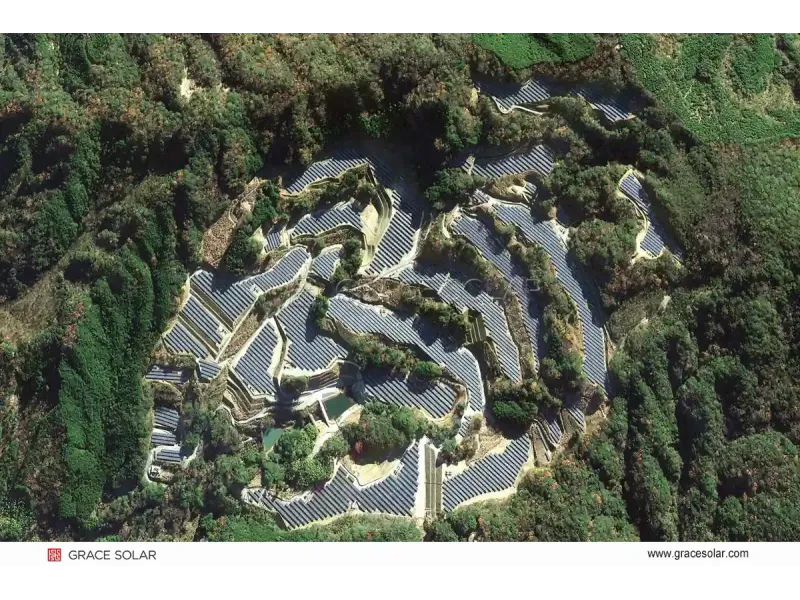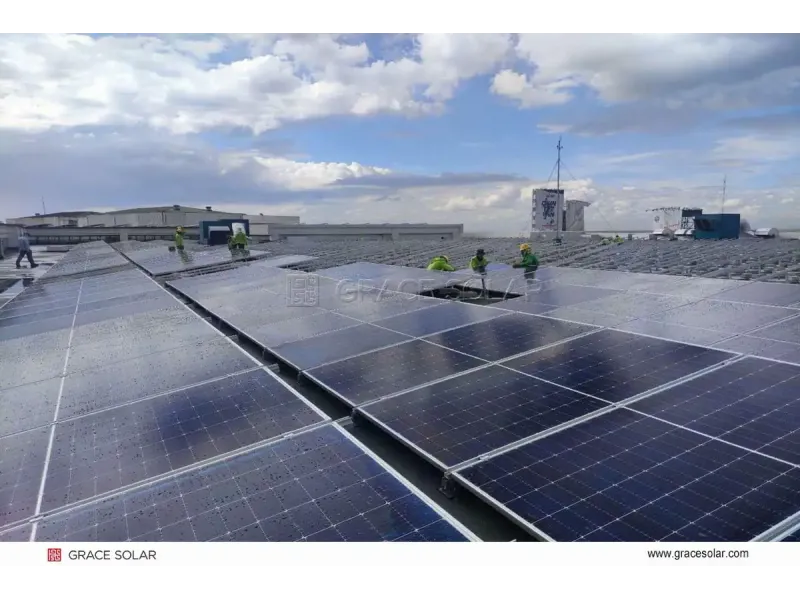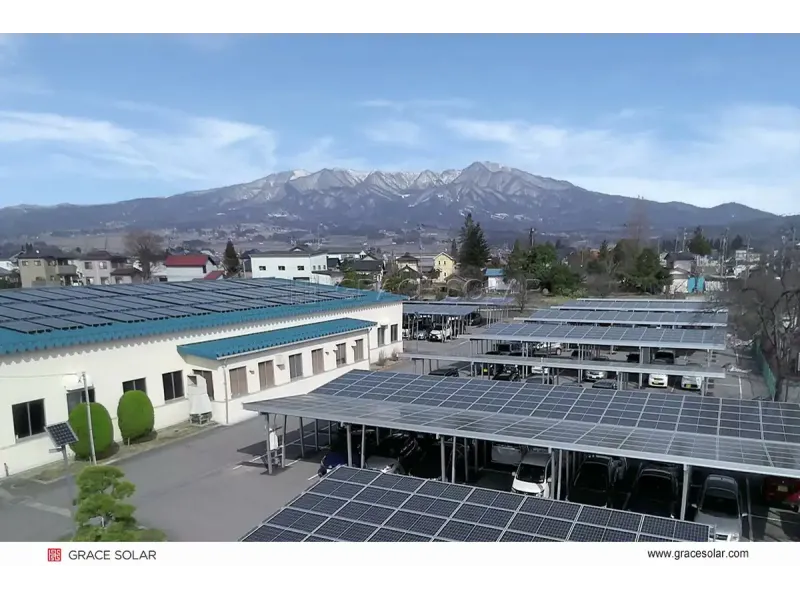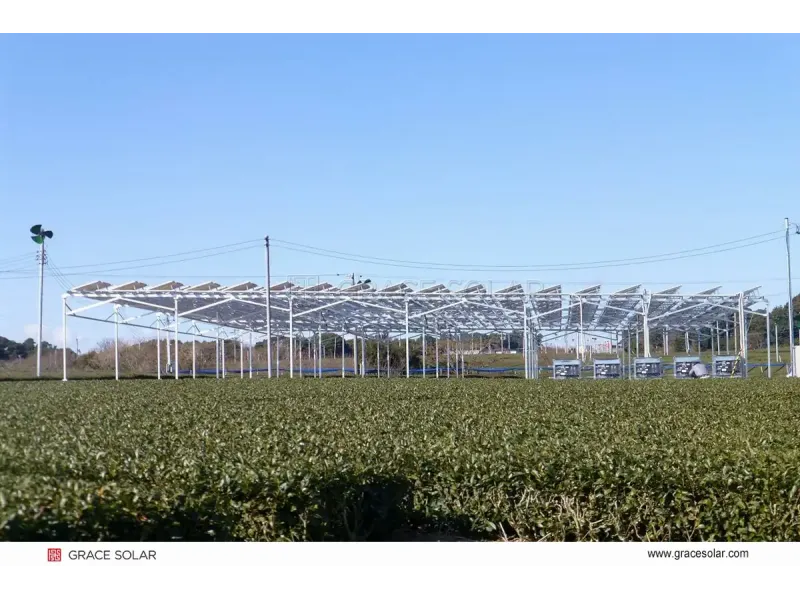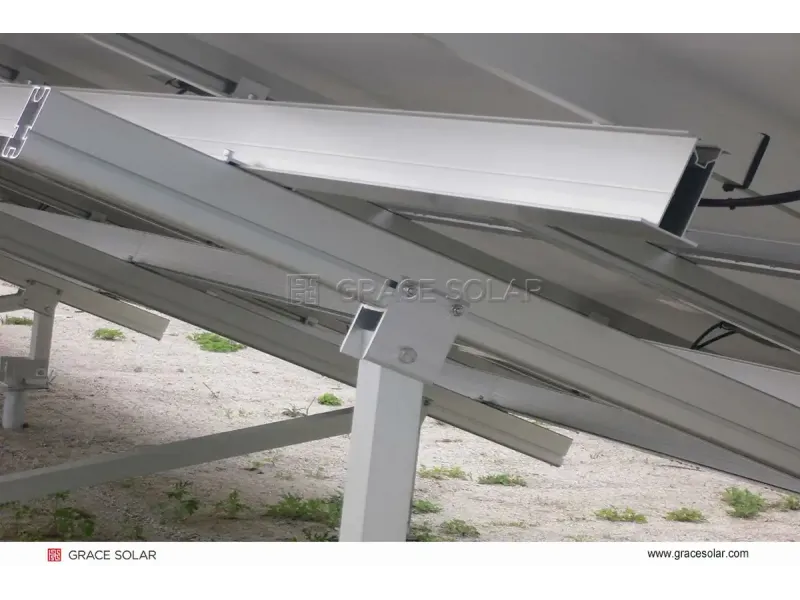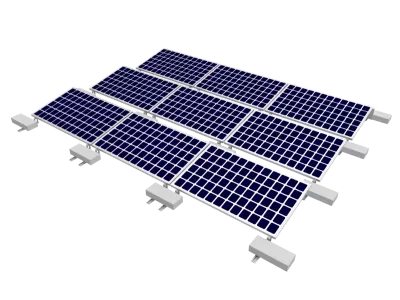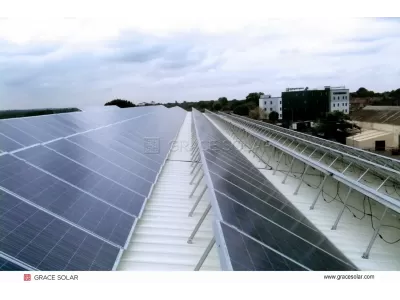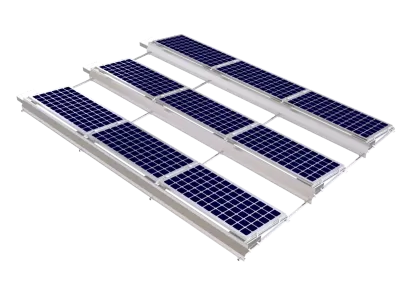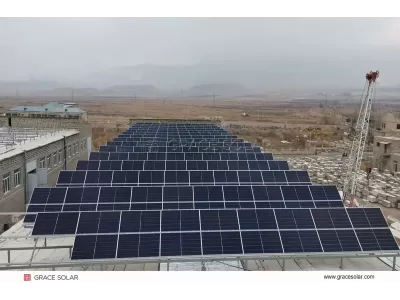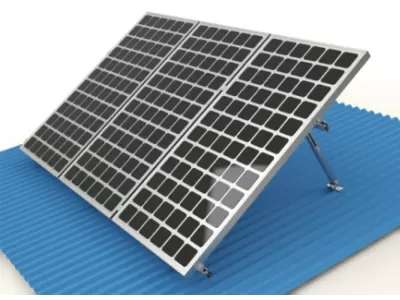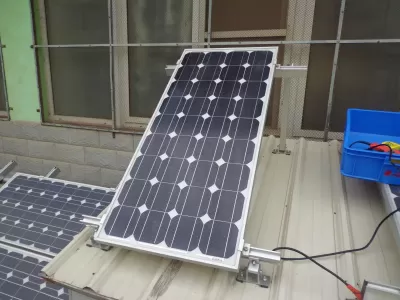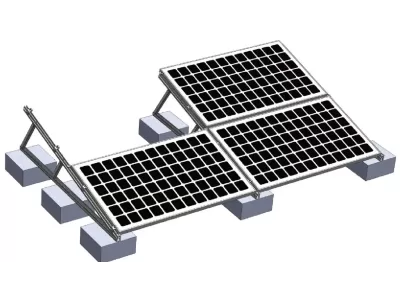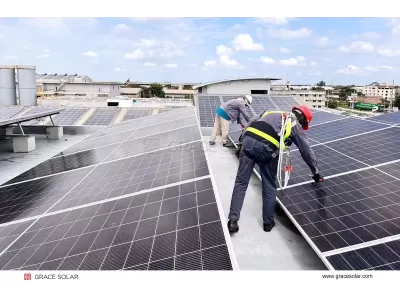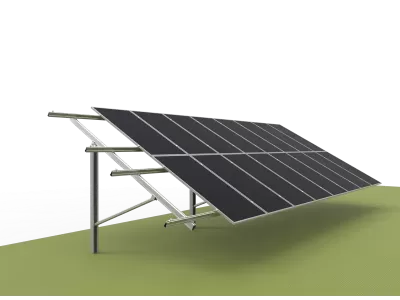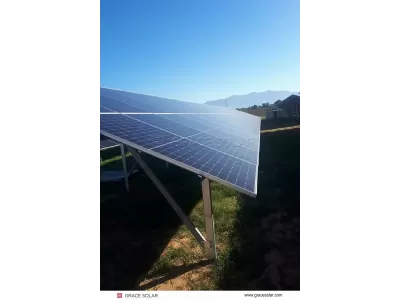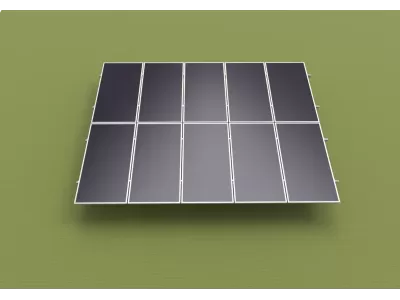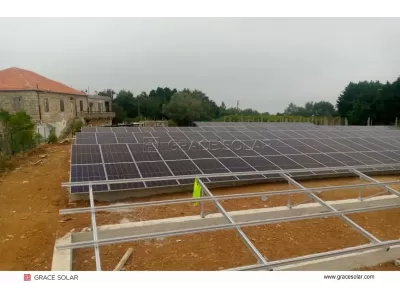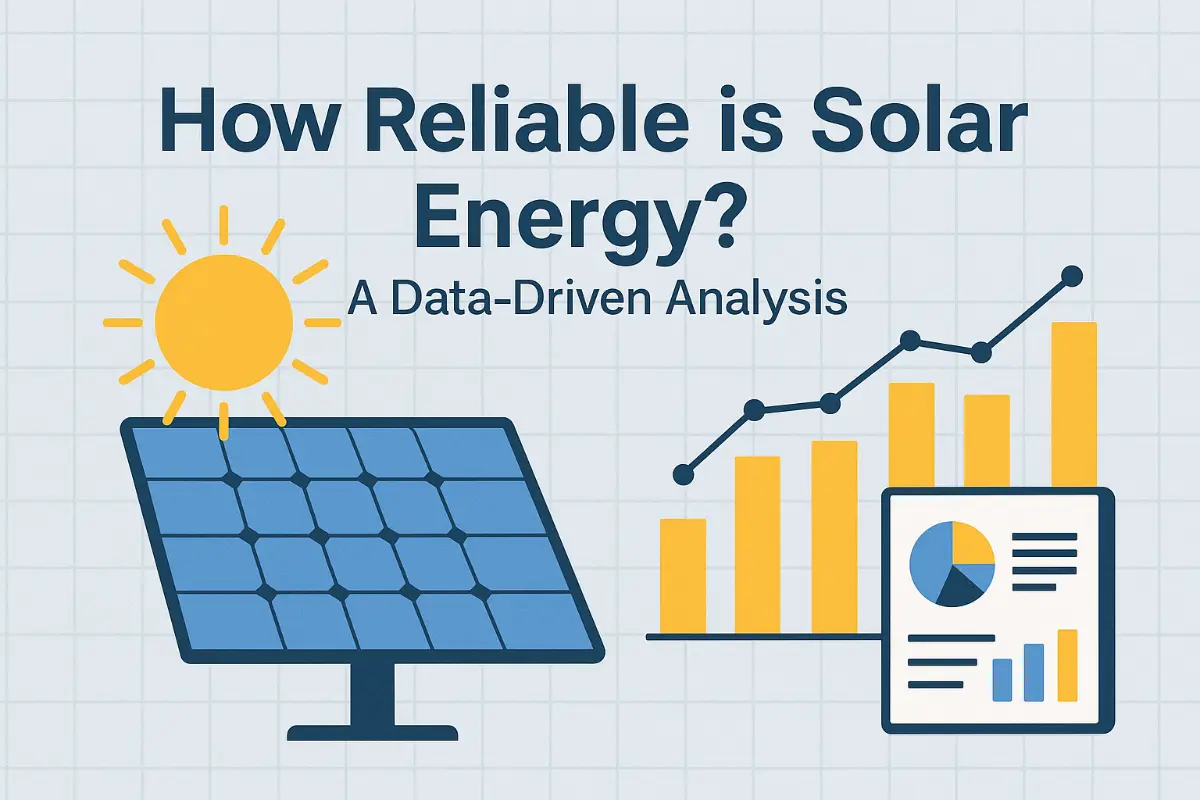
How Reliable is Solar Energy? The Definitive Guide
Solar energy has transformed from an alternative energy source to a mainstream power solution globally. But how reliable is solar energy really? This comprehensive analysis examines the data, technology, and real-world performance of solar power systems.
The Proven Reliability of Solar Panels
Exceptional Longevity and Low Failure Rates
Multiple independent studies confirm the outstanding reliability of modern solar panels. According to research by the National Renewable Energy Laboratory (NREL), solar panels demonstrate an exceptionally low annual failure rate of just 0.05%. This means that out of 10,000 panels installed, only about 5 experience failures each year.
The manufacturing quality behind these impressive statistics is exemplified by companies like Grace Solar, which implements rigorous quality control measures throughout their production process. This commitment to excellence ensures that solar panels can reliably generate electricity for 25-30 years or more.
Durability in Extreme Conditions
Modern solar panels are engineered to withstand some of nature's most challenging conditions. Certified panels are tested to resist damage from hail impacts, hurricane-force winds, and heavy snow loads. The durability extends beyond the panels themselves to include robust mounting systems like the solar roof mounting systems and ground mount solutions that secure panels in place through decades of exposure.
Key Reliability Statistics
- 0.05% - Annual solar panel failure rate (NREL)
- 25-30 years - Typical panel lifespan
- 80%+ - Performance after 25 years (typical warranty)
- 5-10 years - Standard inverter warranty
- 10-20 years - Racking system warranty
Beyond Panels: System-Wide Reliability
Critical Balance of System Components
While solar panels understandably receive most of the attention, a complete solar energy system's reliability depends on multiple components working in harmony. Inverters, which convert DC electricity to usable AC power, typically come with warranties of 10-25 years. Modern microinverters and string inverters have significantly improved in reliability, with many models boasting efficiency rates above 98%.
The structural integrity of solar installations is equally crucial. Advanced solar tracking systems and precision-engineered mounting components ensure that solar arrays maintain optimal positioning and structural stability throughout their operational lifespan.
Solar Panels
25-30 year warranty with 0.05% failure rate
Inverters
10-25 year warranties with 98%+ efficiency
Mounting Systems
10-20 year warranties for durability
Energy Storage Revolution
The reliability of solar energy has been dramatically enhanced by advancements in battery storage technology. Lithium-ion batteries, particularly LiFePO4 chemistry, offer thousands of charge cycles with minimal degradation. This storage capability transforms solar from an intermittent source to a 24/7 power solution, providing electricity during nighttime hours and grid outages.
Performance in Diverse Conditions
Dispelling Weather Dependency Myths
A common misconception suggests that solar energy is unreliable during cloudy or rainy weather. While production decreases in suboptimal conditions, modern solar panels continue generating electricity even on overcast days. Germany, a country not known for abundant sunshine, has successfully generated nearly half of its electricity from renewables while maintaining one of Europe's most reliable grids.
Cold weather actually improves solar panel efficiency, and snowfall can help clean panel surfaces while reflected light from snow can boost production. Proper system design, including optimal tilt angles and orientation, ensures consistent year-round performance across diverse climates.
Economic Reliability and Investment Security
Predictable Energy Costs
Solar energy provides exceptional economic reliability by locking in energy costs for decades. While utility rates typically increase 2-3% annually, solar system owners benefit from predictable, fixed electricity costs once their system is installed. The levelized cost of solar electricity has decreased by nearly 90% over the past decade, making it more affordable than fossil fuels in most markets.
Comprehensive Warranty Protection
The solar industry's confidence in its products is demonstrated through extensive warranty coverage. Most manufacturers offer 25-30 year performance warranties guaranteeing at least 80% of original output after 25 years. Leading companies like Grace Solar back their products with robust warranties that protect consumers' investments and ensure long-term performance.
Grid Reliability and Solar Integration
Enhancing Overall Grid Stability
Contrary to some criticisms, properly integrated solar energy enhances grid reliability rather than compromising it. Distributed solar generation reduces strain on transmission infrastructure and minimizes line losses. When combined with energy storage and smart grid technologies, high solar penetration creates a more resilient and adaptable electricity system.
Countries with the highest solar adoption rates, including Germany and Australia, have maintained or improved their grid reliability metrics while dramatically increasing renewable generation. This demonstrates that with proper planning and technology, solar energy reliably integrates with existing infrastructure.
The Future of Solar Reliability
Continuous Technological Advancement
Solar reliability continues to improve with each technological generation. Panel efficiencies increase approximately 0.5% annually, while new manufacturing techniques enhance durability and lifespan. Bifacial panels, perovskite cells, and improved anti-soiling coatings represent just a few innovations driving reliability forward.
The supporting infrastructure, including advanced solar solutions from industry leaders, continues to evolve toward greater reliability, easier installation, and lower maintenance requirements. These advancements ensure that solar energy will become increasingly dependable in the coming years.
Conclusion: Solar Energy as a Foundation for Our Energy Future
The evidence overwhelmingly confirms that solar energy is a highly reliable power source. With minimal failure rates, decades-long lifespans, proven performance across diverse climates, and continuous technological improvements, solar power has matured into a dependable cornerstone of the global energy mix.
As the world transitions toward cleaner energy systems, the reliability of solar technology—supported by quality components from manufacturers like Grace Solar—ensures it will play an increasingly vital role in powering our future sustainably and reliably.

